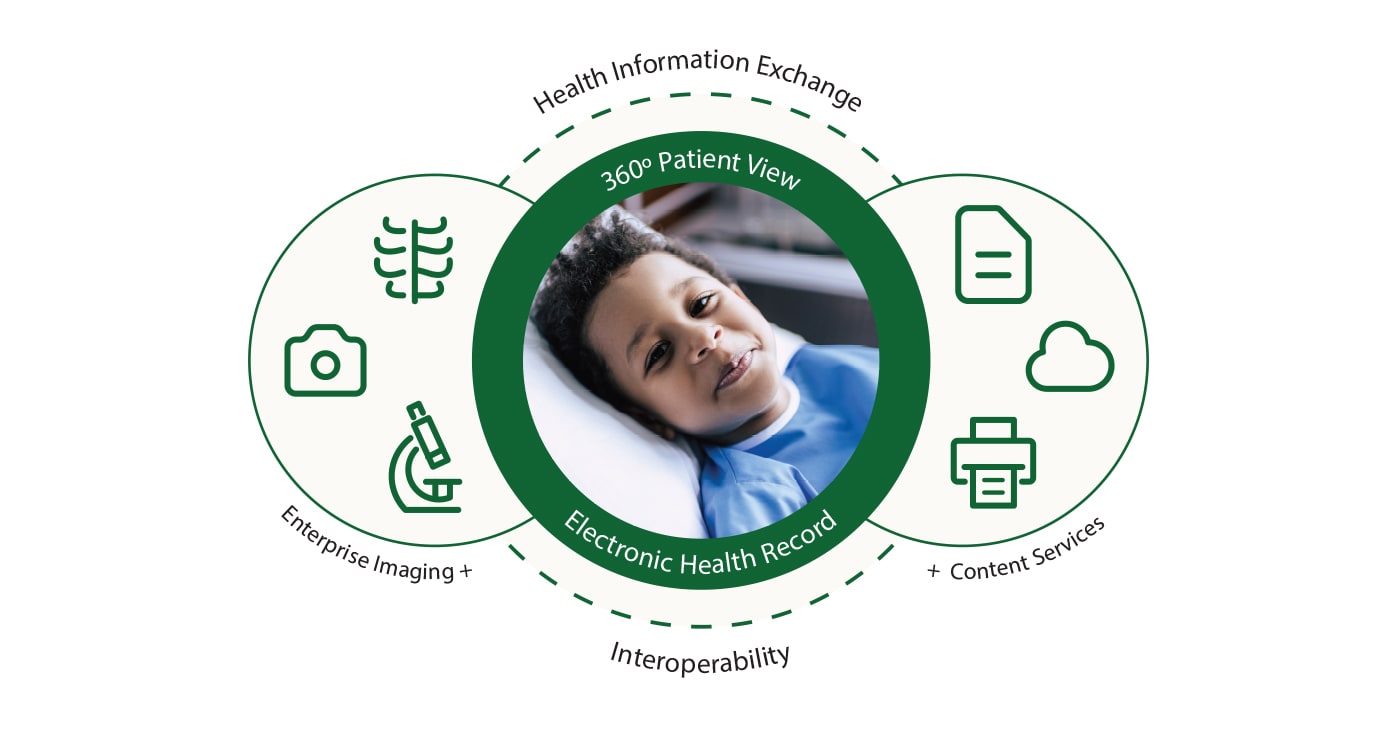Comprehending the Duty of Health Care RCM in Enhancing Monetary Performance and Client Contentment
Navigating the details of Health care Earnings Cycle Monitoring (RCM) is essential for attaining ideal financial efficiency while at the same time raising person satisfaction. As we explore the transformative potential of RCM, inquiries regarding its critical implementation and future improvements bid, promising understandings that could redefine sector requirements and patient experiences alike.

Secret Parts of RCM
In the facility landscape of healthcare, Profits Cycle Monitoring (RCM) is critical in making certain monetary security and functional efficiency. A thorough RCM system encompasses a number of important parts, each playing an important function in the seamless monitoring of a medical care supplier's economic procedures. Patient enrollment and eligibility verification are foundational actions, making certain that precise individual info is recorded and insurance policy protection is verified prior to services are provided. This lowers the threat of insurance claim denials and accelerates the reimbursement procedure.

Charge capture is one more essential element, entailing the exact recording of solutions provided to people. It guarantees that all billable services are represented, thus making best use of revenue potential. Concurrently, clinical coding translates patient encounters into standardized codes, which are essential for payment and governing compliance.
Insurance claims submission and administration follow, including the preparation and submission of insurance claims to payers. This procedure calls for thorough attention to detail to decrease errors and avoid hold-ups. Denial management is a proactive strategy to resolve and fix denied claims, safeguarding income streams.
Finally, payment uploading and person collections complete the cycle, making sure payments are precisely tape-recorded and exceptional equilibriums are gone after. With each other, these elements create a durable structure that supports the operational and economic health of healthcare organizations.
Influence On Financial Efficiency
Effective Income Cycle Administration (RCM) significantly affects a healthcare organization's monetary efficiency by enhancing cash flow and minimizing income leak. RCM incorporates the comprehensive invoicing and collection processes that make certain doctor efficiently handle their monetary transactions from person enrollment to final payment. By streamlining these processes, companies can reduce rejected insurance claims, expedite payment cycles, and boost overall monetary health.
Financial efficiency is enhanced through precise administration of billing procedures, which entails accurate coding and timely entry of insurance claims. This minimizes the probability of case rejections and beings rejected, which can significantly impede earnings circulation otherwise attended to promptly. Furthermore, incorporating advanced technology solutions helps with real-time monitoring of claims and monetary metrics, supplying health care administrators with the devices necessary to make educated critical decisions.

Enhancing Client Fulfillment
While enhancing monetary efficiency is a crucial objective of Earnings Cycle Management (RCM), it also plays an essential duty in improving person complete satisfaction. By reducing administrative worries, RCM allows health care providers to focus much more on individual care, which directly enhances person complete satisfaction.

RCM likewise improves person complete satisfaction through reliable interaction. By preserving an extensive data source of individual information, RCM helps with boosted communication between patients and healthcare suppliers, making certain people really feel notified and valued.
Approaches for Efficient RCM
Attaining efficient Earnings Cycle Administration (RCM) requires health care organizations to carry out a collection of strategic techniques that make sure monetary security and functional efficiency. One vital approach is the adoption of technology-driven solutions, such as incorporated software program systems that streamline payment procedures, lower mistakes, and enhance information accuracy. These systems make it possible for real-time tracking of financial metrics, permitting punctual recognition and correction of ineffectiveness.
An additional method is the standardization of processes throughout the income cycle. Healthcare RCM. This entails establishing regular policies for client enrollment, insurance confirmation, and declares processing. By making sure that all personnel abide by these standards, companies can reduce inconsistencies and expedite settlement collections
Personnel training and development likewise play a crucial duty in reliable RCM. Trained employees can efficiently navigate complex payment procedures and guidelines, improving and reducing denials capital. Routine updates on plan modifications and ideal techniques assist maintain a knowledgeable and qualified labor force.
Future Trends in RCM
As healthcare companies boost their Earnings Cycle Administration (RCM) strategies with modern technology and standard processes, attention is currently turning towards the future patterns shaping this critical location. One considerable fad is the assimilation of expert system (AI) and device discovering to automate intricate tasks, such as insurance claims Check This Out processing and anticipating analytics. These innovations are anticipated to lower mistakes, speed up deal times, and give data-driven insights for better decision-making.
In addition, the change towards value-based treatment proceeds to affect RCM techniques - Healthcare RCM. Doctor are anticipated to increasingly concentrate on patient outcomes and fulfillment, necessitating RCM systems that can suit new compensation designs. This change will call for more comprehensive information collection and evaluation to successfully report and determine on performance metrics
Interoperability is another emerging top priority, as smooth data exchange between disparate systems becomes crucial. Boosted interoperability will certainly assist in more accurate client details sharing, decreasing management problems and boosting the patient experience.
Conclusion
Health Care Profits Cycle Management (RCM) significantly affects both economic efficiency and patient contentment by maximizing payment procedures, making certain specific coding, and allowing punctual claims entry. Efficient RCM reduces earnings leakage and accelerates cash circulation, lowering insurance claim denials and quickening repayments.
Browsing the complexities of Healthcare Profits Cycle Administration (RCM) is vital for accomplishing optimum monetary performance while all at once boosting person fulfillment. RCM incorporates the extensive payment and collection processes that guarantee health care suppliers efficiently handle their monetary deals pop over to this site from client registration to final repayment. By decreasing administrative problems, RCM enables health care companies to concentrate extra on individual care, which straight improves individual satisfaction.
By maintaining a comprehensive data source of client information, RCM promotes boosted interaction between patients and healthcare service providers, ensuring individuals feel informed and valued.Medical Care Earnings Cycle Monitoring (RCM) significantly influences both monetary performance and patient fulfillment by maximizing payment processes, ensuring precise coding, and enabling prompt claims entry.